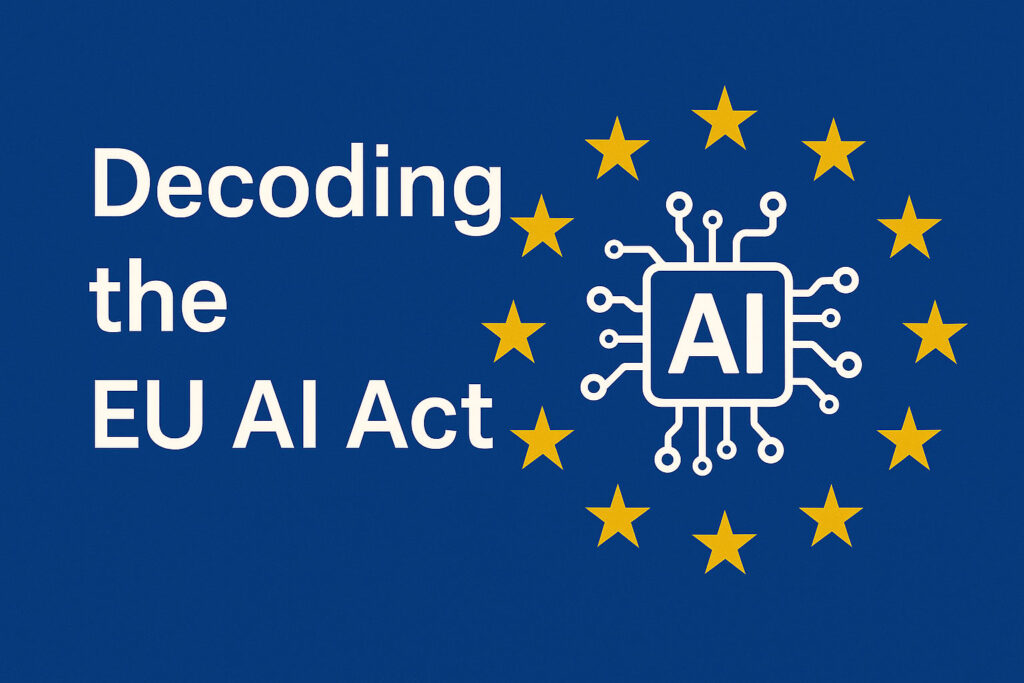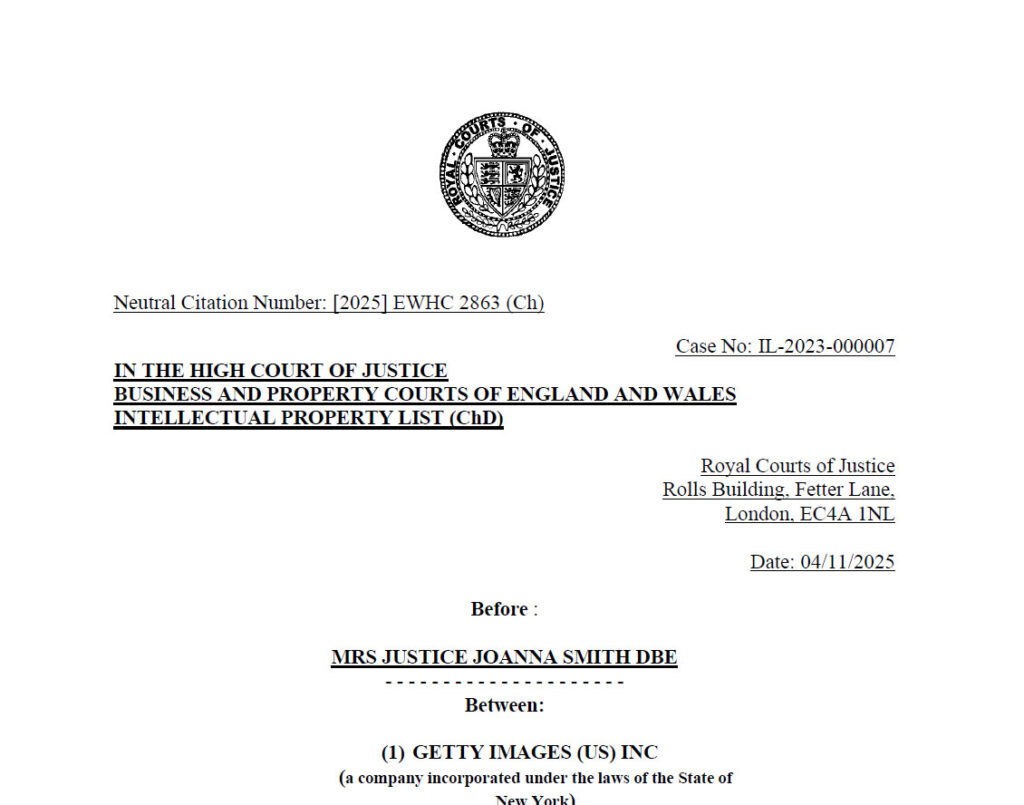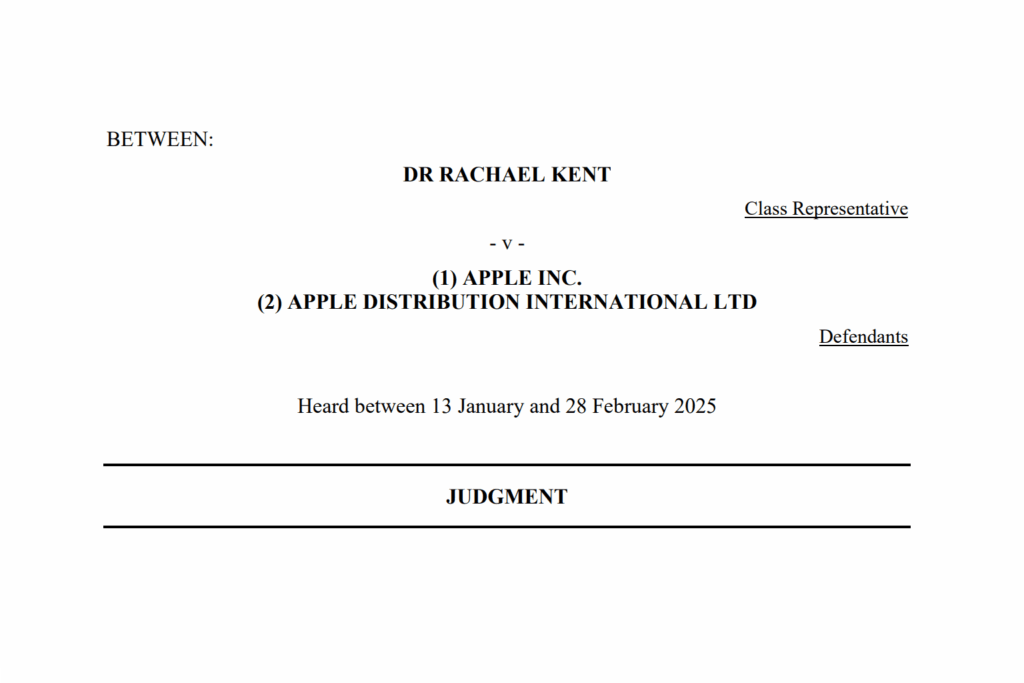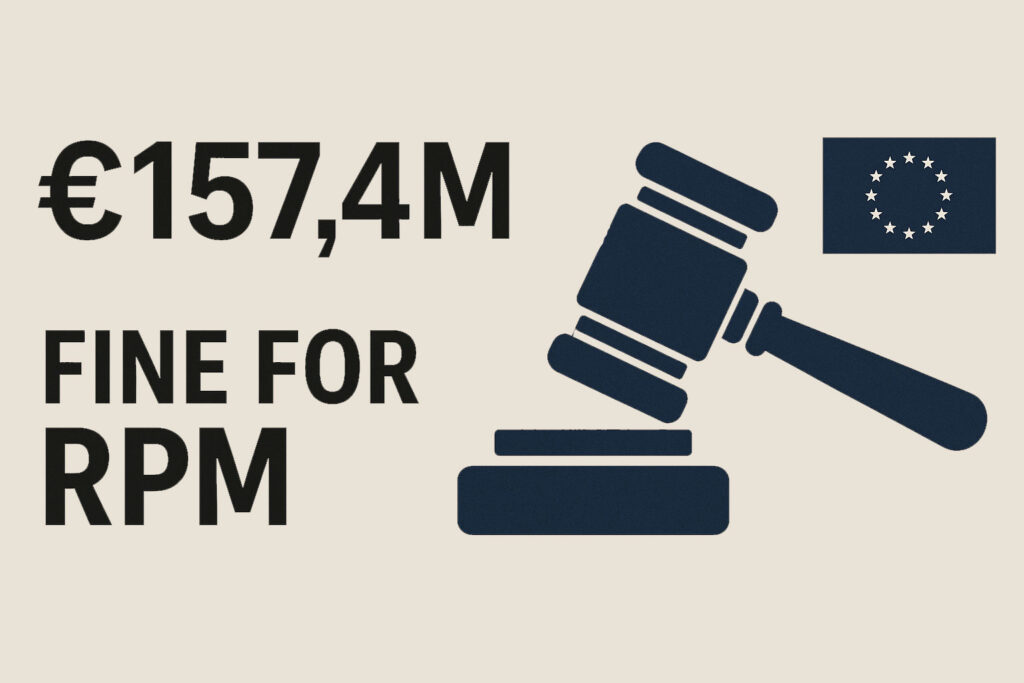- New Blog Series: Decoding the EU AI Act
- Decoding the EU AI Act Part 2 – A Deep Dive into Article 2
- Decoding the EU AI Act Part 3 – AI Literacy Article 4
- Decoding the EU AI Act Part 4 – Prohibited Practices Article 5
- Decoding the EU AI Act Part 5 -The EU General‑Purpose AI Code of Practice: Copyright Chapter
- Decoding the EU AI Act Part 6 – Obligations for GPAI Providers with Systemic Risk
In recent years, artificial intelligence (AI) has evolved from an experimental technology to an integral part of our daily lives and industries. From automating business operations to driving innovation in healthcare and transportation, AI is transforming the global economy. However, as its use grows, so too does the comprehensive regulation to ensure it is deployed ethically, safely, and in compliance with fundamental rights.
Enter the EU Artificial Intelligence Act (AI Act) — a pioneering piece of legislation that seeks to regulate AI within the European Union. For the first time, entities deploying or developing AI systems in Europe will need to navigate a regulatory framework that classifies AI systems by risk, sets strict compliance standards, and establishes penalties for non-compliance. The AI Act is not just about innovation; it’s about ensuring that AI is trustworthy, transparent, and aligned with societal values.
In this series, “Decoding the EU AI Act”, we will break down some of the Act’s provisions and offer insights into how this regulation will impact businesses, legal teams, compliance officers, and IT departments. Whether you’re an organization based in the EU or one with AI systems that affect EU citizens, this Act will influence how you design, deploy, and monitor AI technologies.
What We Will Cover
- Key Provisions and Obligations.
- Cross-Cutting Issues. Relationship between the EU AI Act and the GDPR, NIS2, DSA.
- Compliance Issues. We’ll outline practical steps to achieve compliance with the AI Act.
- Enforcement and Penalties. We’ll explore the enforcement mechanisms under the AI Act, including penalties for non-compliance. Understanding the regulatory landscape is critical to mitigate risk and avoid costly fines.
Who Should Follow This Series?
This series is essential for:
- Start-Up / Scale-Up AI / technology companies who must understand how the AI Act affects contract negotiations, liability risks, and compliance strategies.
- Board members looking to understand the strategic implications of AI regulations on business operations, reputational risk, and corporate governance.
- Compliance officers tasked with ensuring that AI systems comply with the Act’s requirements, from pre-market assessment to post-market monitoring.
- IT departments and AI developers who need to build AI systems that comply with the Act’s technical, data, and transparency standards.
As AI continues to advance at a rapid pace, staying ahead of regulatory changes will be crucial to maintaining a competitive edge, ensuring ethical use of technology, and managing legal risk.
In the coming posts, we will dive deeper into the specific provisions of the AI Act, breaking down the regulatory requirements and providing insights to stay ahead of the curve. Stay tuned as we decode the EU AI Act, starting with Art.2 on the Scope and Applicability in the next post.
Disclaimer:
The content of this blog is provided for general informational purposes only and does not constitute legal advice. While we strive to ensure that the information is accurate and up to date, it may not reflect the most current legal developments or the specific circumstances of your organization. Readers should not act upon any information contained in this blog without first seeking professional legal counsel. No attorney-client relationship is created through your use of or reliance on the information provided herein.




